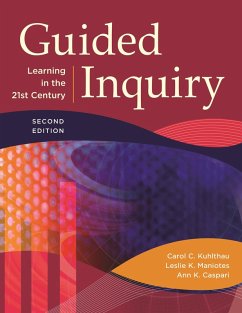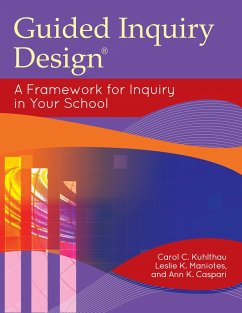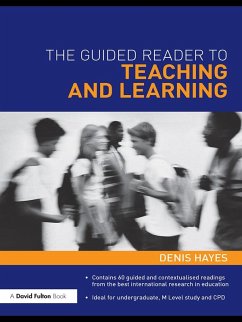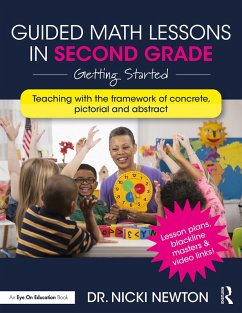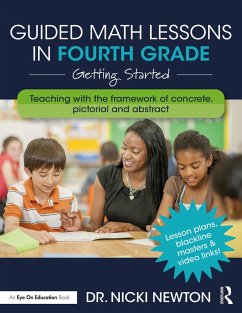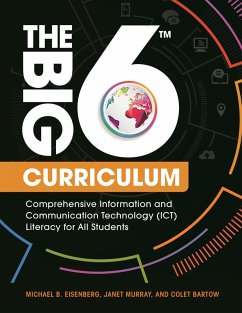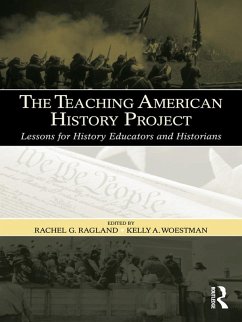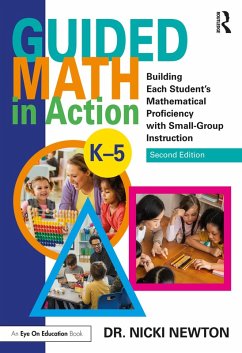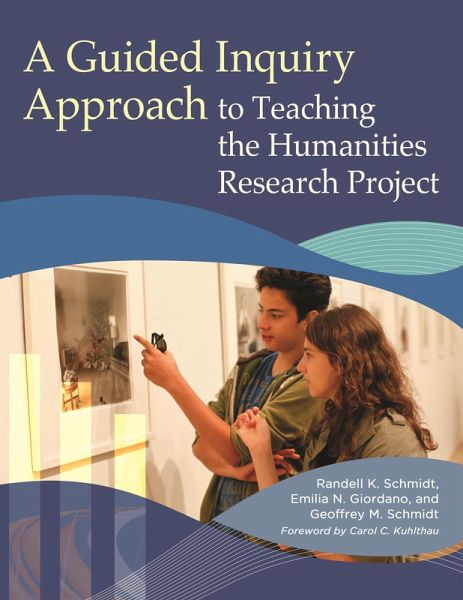
A Guided Inquiry Approach to Teaching the Humanities Research Project (eBook, ePUB)
Versandkostenfrei!
Sofort per Download lieferbar
31,95 €
inkl. MwSt.
Weitere Ausgaben:

PAYBACK Punkte
16 °P sammeln!
Aligned with the Common Core, this book enables teachers and librarians to develop lessons and workshops as well as to teach high school students how to research and write a humanities paper using a guided inquiry approach. Being able to use the inquiry process to successfully research, write, and prepare papers and others types of presentations is not only necessary for a student's preparation for collegiate work, but is truly a requisite life skill. This book provides a solid guided inquiry curriculum for cultivating the skills needed to properly investigate a subject in the humanities, inte...
Aligned with the Common Core, this book enables teachers and librarians to develop lessons and workshops as well as to teach high school students how to research and write a humanities paper using a guided inquiry approach. Being able to use the inquiry process to successfully research, write, and prepare papers and others types of presentations is not only necessary for a student's preparation for collegiate work, but is truly a requisite life skill. This book provides a solid guided inquiry curriculum for cultivating the skills needed to properly investigate a subject in the humanities, interrogate both textual and non-textual sources, interpret the information, develop an understanding of the topic, and effectively communicate one's findings. It is a powerful and practical guide for high school humanities teachers, school librarians, community college humanities teachers and librarians, and early college-level humanities instructors as well as for high school and college students who want to learn how to conduct and write up humanities research. Part one comprises a teacher's practicum that explains the power of guided inquiry. Part two contains student's workshops with instructions and materials to conduct a guided humanities project and paper on the high school level. The third part provides materials for a professional development session for this assignment as well as assessment tools and other supplementary materials such as student handouts. Based on the authors' 15 years' experience in teaching guided inquiry, the 20 workshops in the book use a step-by-step, constructivist strategy for teaching a sophisticated humanities project that enables college readiness.





